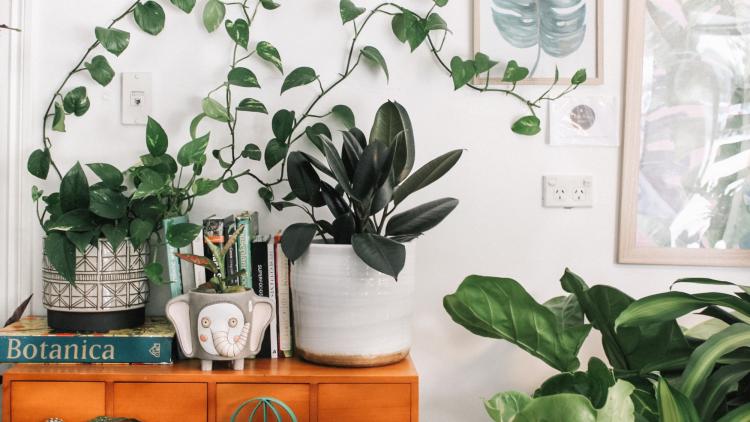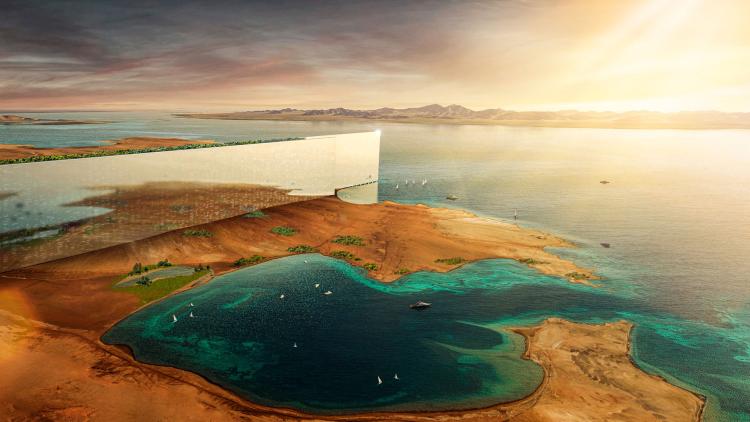Faith in crisis: Water, ritual, and resilience among Iraq’s Mandaeans

Climate change and water scarcity threaten the survival of the ancient Mandaean faith, as their sacred connection to rivers, vital for rituals and cultural identity, faces an uncertain future.
The Mandaeans’ plight serves as a powerful reminder that climate change impacts more than just environmental resources; they threaten the very fabric of Iraq’s diverse communities. Like other Indigenous communities around the world, the Mandaeans view water not merely as a physical necessity but as an extension of their ancestral practices. Disrupting these connections creates cultural wounds that extend far beyond ecological damage.
What do sacred rivers mean to the Mandaeans?
After enduring the devastation of the 2003 U.S.-led invasion, the turmoil of civil war, and the violent assaults of ISIS, Iraq’s Indigenous minority, the Mandaeans, now face yet another existential threat: the climate crisis. One of the oldest surviving Gnostic religions, this ancient ethnoreligious group is imperilled by the country’s escalating water shortages.
One of the oldest surviving Gnostic religions, this ancient ethnoreligious group is imperilled by the country’s escalating water shortages.
The Mandaeans, who trace their spiritual lineage to John the Baptist, revered as the last Mandaic prophet, speak a dialect of Aramaic. Water holds profound spiritual significance for them, with purification rituals at the heart of their traditions. For over two thousand years, they have resided in Mesopotamia along the banks of the Euphrates and Tigris rivers. They view water as miyã hayyi, or “living water”, which flows from the light world to earth, bringing prosperity to the Mandaean community.
Can a parched faith survive the climate crisis?
The U.N. Environment Programme has named Iraq as the fifth most vulnerable country to climate change due to soaring temperatures, low rainfall, and intensifying dust storms. While the impact of water scarcity on agriculture is widely recognised, its effects on cultural heritage, particularly for Indigenous and ethnoreligious communities like the Mandaeans, receive far less attention. Today, Iraq's severe water crisis threatens the flow of the Euphrates and Tigris rivers, which have already lost 30% of their water, critically endangering Mandaeans’ capacity to perform purification and baptism rituals, practices through which they sustain their group identity.
Mandaean ceremonies take place along riverbanks and involve baptisms, encompassing “not only people, but also utensils, pots, and even holy scriptures”. As river levels drop and tributaries dry up, these rituals face an uncertain future, threatening a profound cultural loss. Displacement has already dwindled the Mandaean population from 75,000 in 2003 to approximately 20,000 today, according to Sheikh Jabbar al-Hilu, head of the Mandaean community.
Cultural preservation efforts by organizations like the Arcadia Fund are documenting Mandaean rituals to raise awareness of this endangered faith. The Worlds of Mandaean Priests online database, a collection of recordings of practices, serves as a valuable resource for future generations. Yet, it also stands as a somber reminder that, without significant support, this repository could one day become a relic of a lost religion. This challenge is particularly pressing given the Mandaean’ deep fears of ethnocide and cultural extinction.
Water as a Sacred Kin
Just as Indigenous groups construct networks that include other-than-human entities, the Mandaeans' connection to water as a "living" energy emphasises their reliance on water as both a physical and metaphysical partner for their cultural survival. In this context, Sophie Chao's insight into "corporeal relations" across species, such as the exchange of blood, water, and other bodily substances, echoes the Mandaeans' deep spiritual kinship with water. Meanwhile, Zoe Todd’s exploration of rivers and water in her home province highlights a kinship rooted in care and respect, emphasising our “reciprocal responsibilities to more-than-human beings within landscapes that had been heavily violated”.
These anthropological perspectives offer valuable insights into the importance of access to flowing water for Mandaean rituals. As Todd notes, water violations not only damage the environment but also disrupt communities' kinship with the natural world. This is evident among the Mandaeans, whose anxieties about preserving their cultural identity are further heightened by these violations.
Beyond Resources: Water, culture and the future of Iraq’s Indigenous communities
The Mandaeans’ plight serves as a powerful reminder that climate change impacts more than just environmental resources; they threaten the very fabric of Iraq’s diverse communities. Like other Indigenous communities around the world, the Mandaeans view water not merely as a physical necessity but as an extension of their ancestral practices. Disrupting these connections creates cultural wounds that extend far beyond ecological damage.
The Mandaeans view water not merely as a physical necessity but as an extension of their ancestral practices. Disrupting these connections creates cultural wounds that extend far beyond ecological damage.
Addressing Iraq’s water crisis is not simply a matter of resource management; it requires recognising water’s role in sustaining cultural heritages. Only by honouring these vital connections can we work toward an inclusive approach to sustainability, one that safeguards both ecological health and cultural survival.
To close, consider these words from Leroy Little Bear: “Ask the dinosaurs. What happened to them? We asked one of our elders, ‘Why did those dinosaurs disappear?’ He thought about it for a while and he said, ‘Maybe they didn’t do their ceremonies.’” If the Mandaeans can continue performing their sacred ceremonies, could their ancient faith survive for another two thousand years?
All photos were collected from the Nahrein Network at UCL with permission from the project investigator.
About the author
Zainab Mahdi is a MA Anthropology of Global Futures and Sustainability student. Outside of SOAS, Zainab works at the Nahrein Network at UCL, a research initiative that focuses on supporting the sustainable development of cultural heritage in Iraq.


